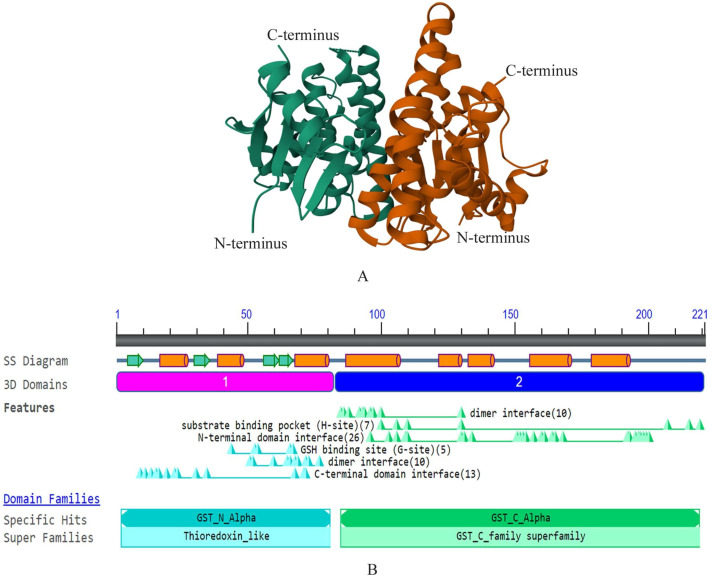
The role of glutathione S-transferases in human disease pathogenesis and their current inhibitors


Glutathione S-transferases (GSTs) are a family of enzymes detoxifying various harmful compounds by conjugating them with glutathione. While primarily beneficial, dysregulation of GST activity or specific isoforms can contribute to disease pathogenesis. The intricate balance of detoxification processes regulated by GSTs is pivotal in cellular homeostasis, whereby dysregulation in these mechanisms can have profound implications for human health. Certain GSTs neutralize carcinogens, shielding cells and potentially preventing tumorigenesis. Polymorphisms in specific GSTs may result in the accumulation of toxic metabolites, exacerbating oxidative stress, inflammation, and DNA damage, notably observed in neurodegenerative diseases like Parkinson's disease. They can also modulate signaling pathways involved in cell proliferation, survival, and apoptosis, with aberrant activity potentially contributing to uncontrolled cell growth and resistance to cell death, thus promoting cancer development. They may also contribute to autoimmune diseases and chronic inflammatory conditions. This knowledge is useful for designing therapeutic interventions and understanding chemoresistance due to GST polymorphisms. A variety of GST inhibitors have been developed and investigated, with researchers actively working on new inhibitors aimed at preventing off-target effects. By leveraging knowledge of the involvement of specific GST isoforms in disease pathogenesis across different populations, more effective and targeted therapeutics can be designed to enhance patient care and improve treatment outcomes.
